HISTORY OF IMPACT
UCS OVER THE YEARS

In 2024, UCS launched the Substance Use Continuum of Care Fund (SUF), expanding the Alcohol Tax Fund grant program to include local opioid settlement dollars, supported by the contribution of $2.94 million in alcohol tax and opioid settlement funds from Johnson County and ten cities. SUF strengthens the county’s continuum of care by funding education, prevention, mental health supports, intervention, treatment, recovery, and reintegration services. The expanded fund fills critical service gaps and enhances long-term recovery outcomes for Johnson Countians.


UCS completed the Racial Equity in Communities (REIC) pilot in March 2022, engaging 45 residents, staff, and elected officials from Johnson County Government and the cities of Lenexa, Mission, Prairie Village, and Roeland Park. REIC is a six to eight-month program of customized workshops that support implementation of culturally responsive systems change in Johnson County jurisdictions. REIC supports jurisdictions’ capacities to define key REI terms and concepts, address residents’ needs/calls for action related to REI, and shape and adopt a policy-making framework that centers racial equity. Each jurisdiction concluded the program with a draft plan outlining goals, actions, and infrastructure for advancing racial equity in local governance.

In 2021, UCS helped lead multiple initiatives focused on equity, housing, and homelessness. Lenexa and Shawnee passed new ordinances aligned with Continuum of Care strategies, improving local responses to homelessness. UCS and partners also connected Johnson County residents with federal rental, utility, and mortgage assistance through coordination with the Kansas Housing Resource Center.
Alongside local jurisdictions and the Housing for All Task Force, UCS published the Johnson County Municipalities Housing Study and Housing Toolkit to guide affordable housing efforts.
UCS also concluded a four-year Kansas Health Foundation grant that helped launch the Health Equity Network, Housing for All Toolkit, Community Housing Study, and UCS’s broader racial equity work.
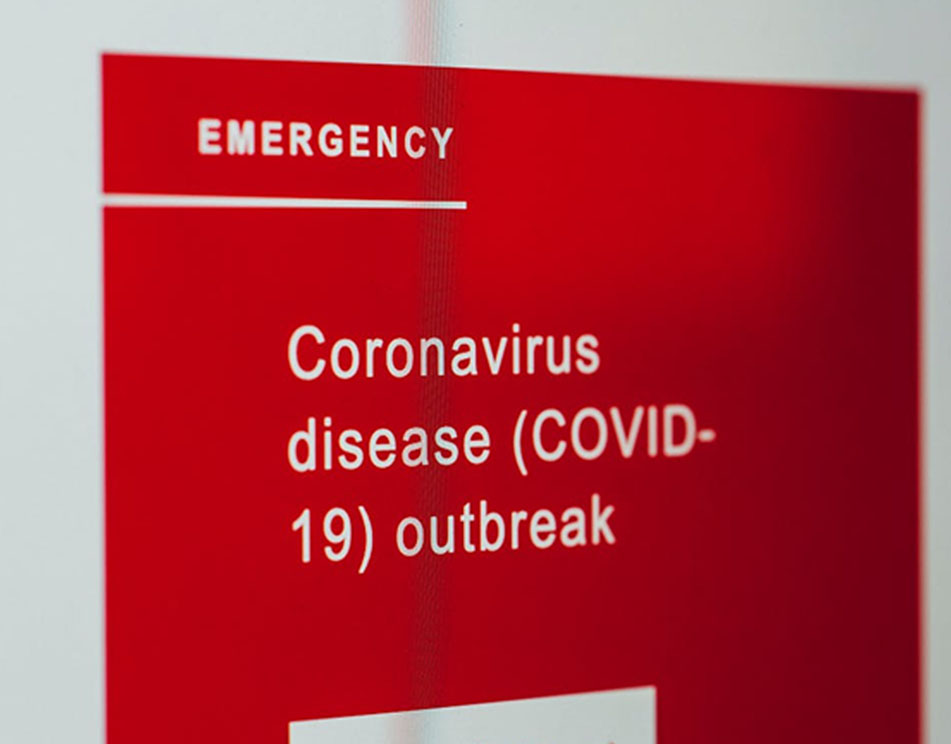
UCS coordinated with Johnson County and partner agencies to meet urgent needs among people experiencing homelessness during the pandemic, including expanded shelter capacity, safe parking protocols, and updated health standards for social distancing and isolation. UCS also represented the county on the advisory board for the Kansas City Regional COVID-19 Response and Recovery Fund.
To support partners and the public, UCS developed and maintained a COVID-19 landing page with real-time data, policy updates, and community resources tailored to Johnson County’s most vulnerable populations.
UCS prioritized COVID-19 research and data analysis on the impact on vulnerable populations to help cities, the county, the general public, funders, and agencies identify existing gaps and areas of need.
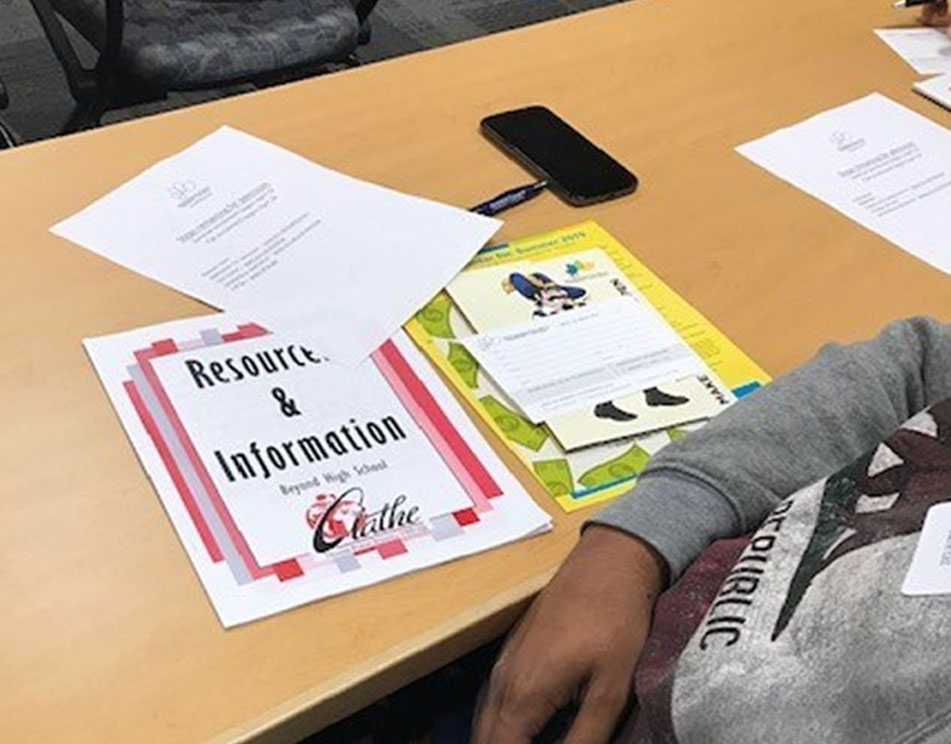
UCS helped lead two pilot initiatives focused on improving outcomes for transitional age youth. In partnership with the Kansas Department for Children and Families and KVC Health Systems, the Aged-Out Intensive Home-Based Services Pilot provided six months of wraparound support for youth aging out of foster care—an approach that is now a statewide requirement. UCS also supported the launch of the Bridge to Success pilot, a collaboration between JCCC and Olathe Public Schools to help graduates successfully transition from high school to college.

Through multi-year funding from the Kansas Health Foundation, UCS collaborated with Johnson County Department of Health and Environment on a Johnson County Health Equity Project to build a network of health equity advocates and mitigate health inequity.
UCS launched the Racial Equity and Inclusion (REI) Committee to lead the formation of a race equity culture and integrate diversity, equity, inclusion, and belonging into our core work. The REI work aims to help the Johnson County community understand the connections between racial and health equity and prioritize initiatives that promote diversity, equity, inclusion, and belonging.
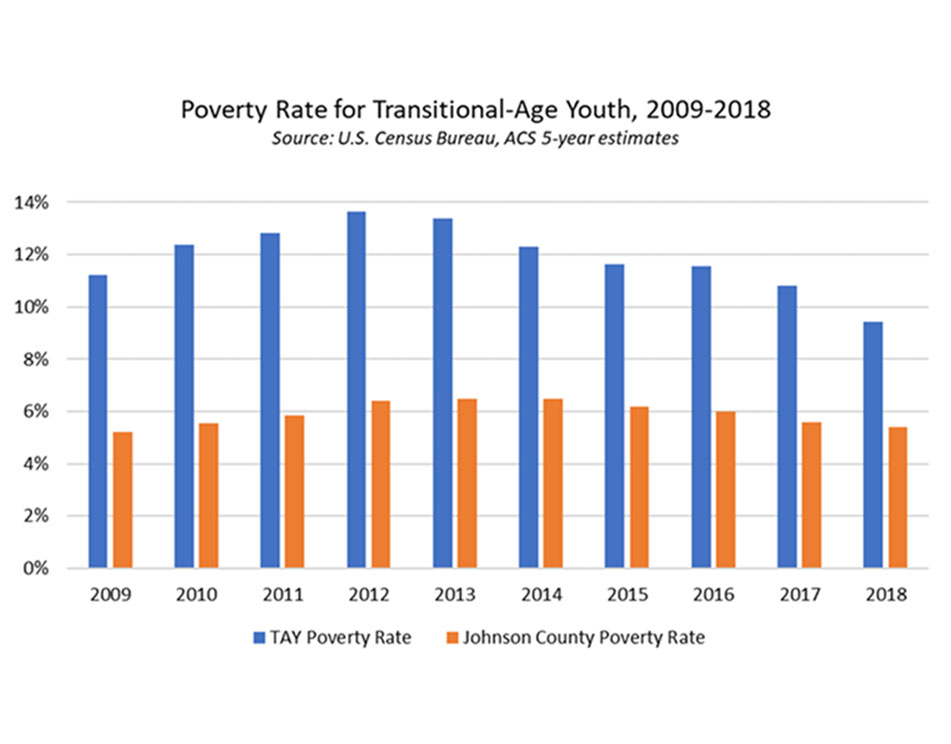
Transitional age youth (age 18-24) emerged as a priority population from the poverty work and published From Foster Care to Independence: An Assessment of Best Practices to Support Youth Who Age Out of Foster Care. UCS convened the Transitional Age Youth Planning Project, coordinating best practices, protocols, and evaluation measures to ensure responsive and adequate services for youth transitioning out of foster care, juvenile justice, or facing other barriers.
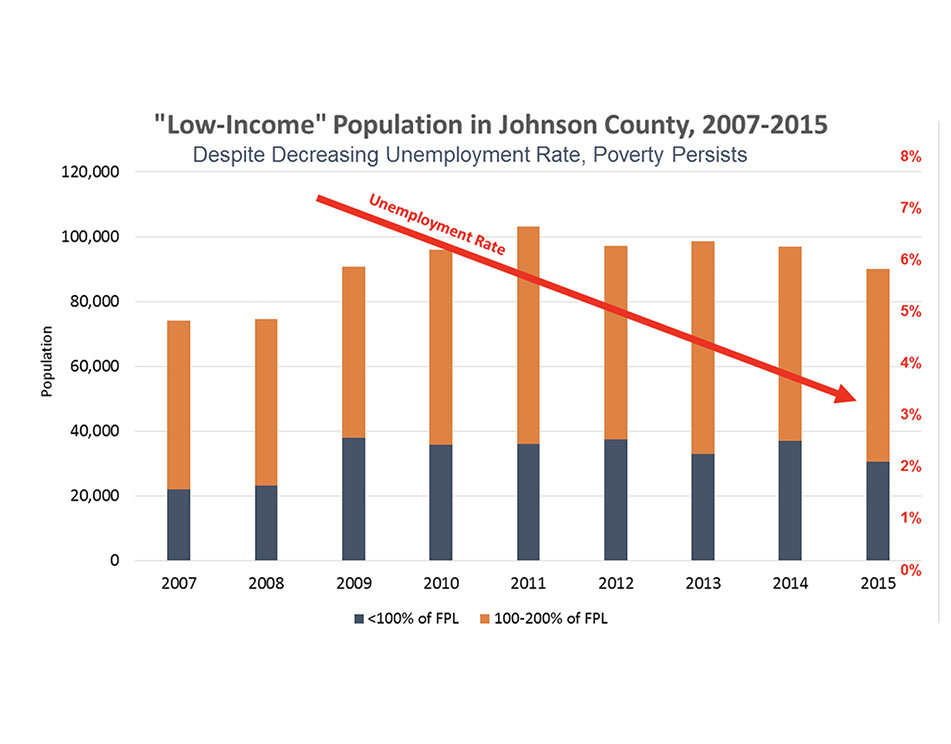
UCS published the Framework for Reducing Poverty and Creating Opportunity, identifying work, education, and the safety net as action areas.
The Employment Planning Project resulted in the report A Plan to Increase Income through Employment in Johnson County, highlighting opportunities to improve employment and career pathways for low-income households.
UCS collaborated with Dr. Angela Gist-Mackey at the University of Kansas to engage low-income workers and job seekers, providing insights published in the Journal of Applied Communication Research.
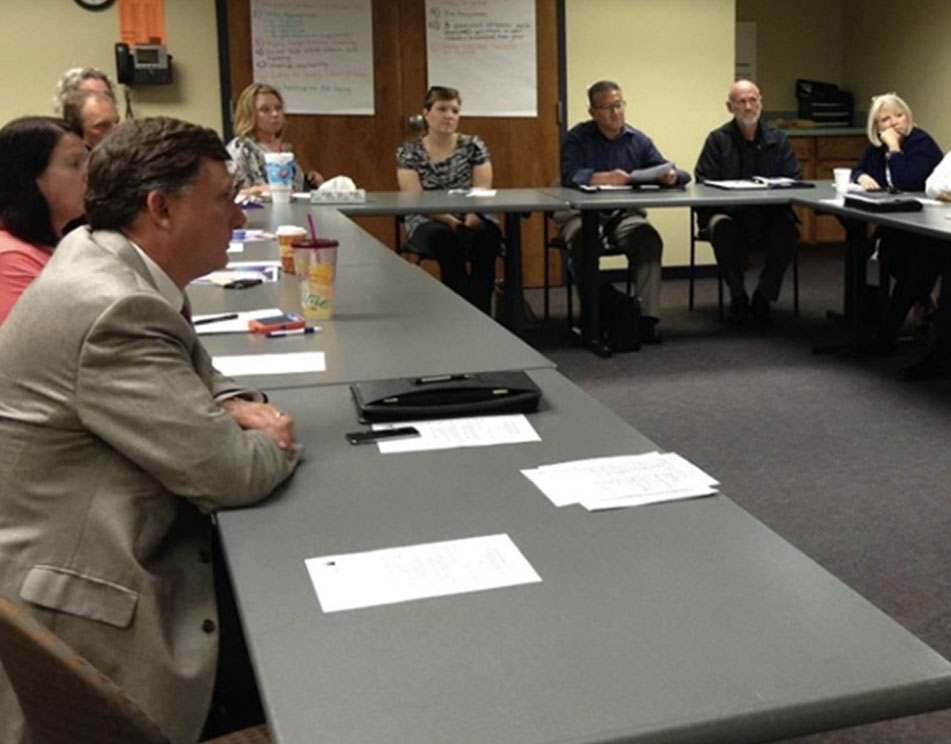
UCS convened and facilitated the Trauma Informed Care Task Force, a group of organizations committed to implementing trauma-informed care in Johnson County. With funding from the Health Care Foundation of Greater Kansas City (now Health Forward Foundation), Task Force members created a framework for learning and implementing trauma-sensitive practices, dedicating over 200 hours a month to making their workplaces, services, and communities more trauma-informed.
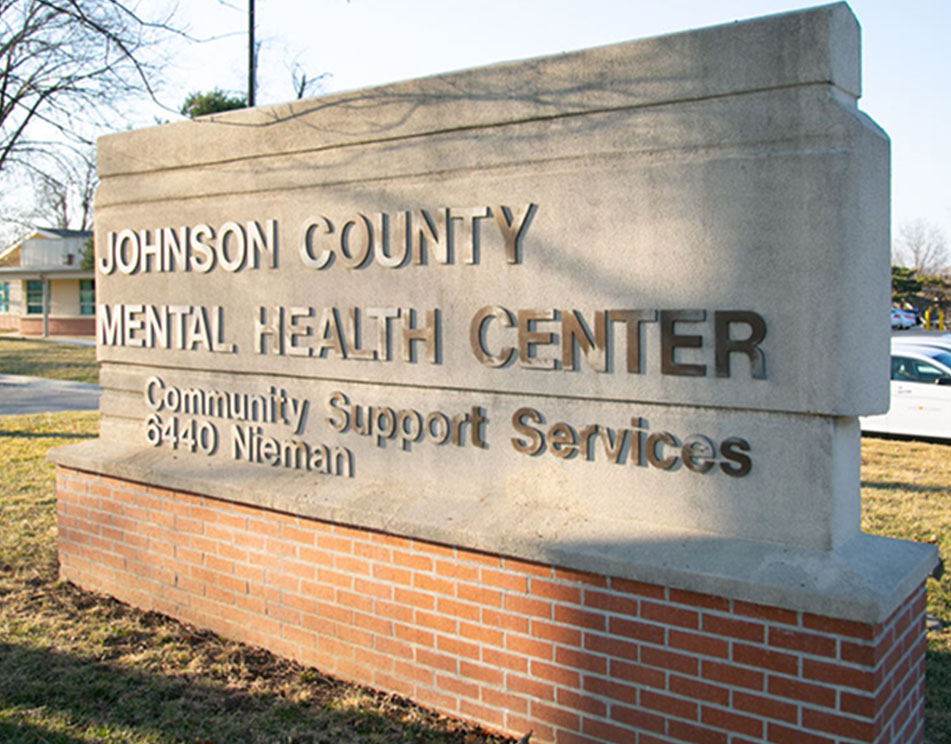
UCS facilitated the Mental Health and Criminal Justice Intercept Project, bringing together 11 organizations to improve Johnson County’s response to people with mental health needs in the criminal justice system. One recommendation led to the first Johnson County Mental Health Co-Responder Program in Olathe in 2011. Overland Park followed in 2013, then Lenexa and Shawnee in 2016. In 2017, Leawood, Prairie Village, Merriam, Mission, Mission Hills, Mission Woods, Roeland Park, Fairway, Westwood, and Westwood Hills shared a mental health co-responder.

UCS first launched Navigating the Future, a community action plan to improve Johnson County’s quality of life by enhancing health and human services. The first report from this work was published in 2003, based on input from over 200 people, provided 12 action strategies championed by community organizations.
Later, in 2007, Navigating the Future, Setting the Course 2007-2011 was published. A decade later in 2017, UCS again hosted a Navigating the Future event, bringing together key sectors – local nonprofit organizations, city and county governments, foundations, public safety, school districts, businesses and faith communities – to discuss priority needs in Johnson County. Participants identified public transportation, mental health services, living wage jobs, affordable childcare, housing, and access to healthcare as top priorities. Today, UCS brings the community together for the annual Human Service Summit to develop strategies for improving the quality of life in Johnson County.

In the 1990s, UCS strengthened collaborative funding and policy efforts to address homelessness, poverty, and juvenile justice. In 1990, it established the Human Service Fund (HSF), pooling resources from 14 cities and Johnson County to support nonprofit human services. UCS advocated for Kansas’s refundable Earned Income Tax Credit in 1998, advancing an effective anti-poverty policy for working families. That same year, it facilitated strategic planning for juvenile justice reform and helped local districts respond to statewide changes. UCS also founded the Johnson County Continuum of Care (CoC) on Homelessness in 1999, securing federal homelessness funding. By 2002, it became the CoC’s lead agency, supporting housing and services for people experiencing homelessness.

In the 1980s, UCS expanded its role as a convener and catalyst by producing foundational research that led to long-term systems change. The first Johnson County Fact Book was published in 1980, establishing UCS as a trusted source for local human service data. In 1985, UCS assessed the need for adolescent substance abuse treatment, leading to the creation of the Adolescent Center for Treatment at Johnson County Mental Health Center. A 1989 study of uninsured residents spurred the creation of the Health Partnership Clinic, which opened in 1992 to expand access to care for low-income and uninsured individuals.
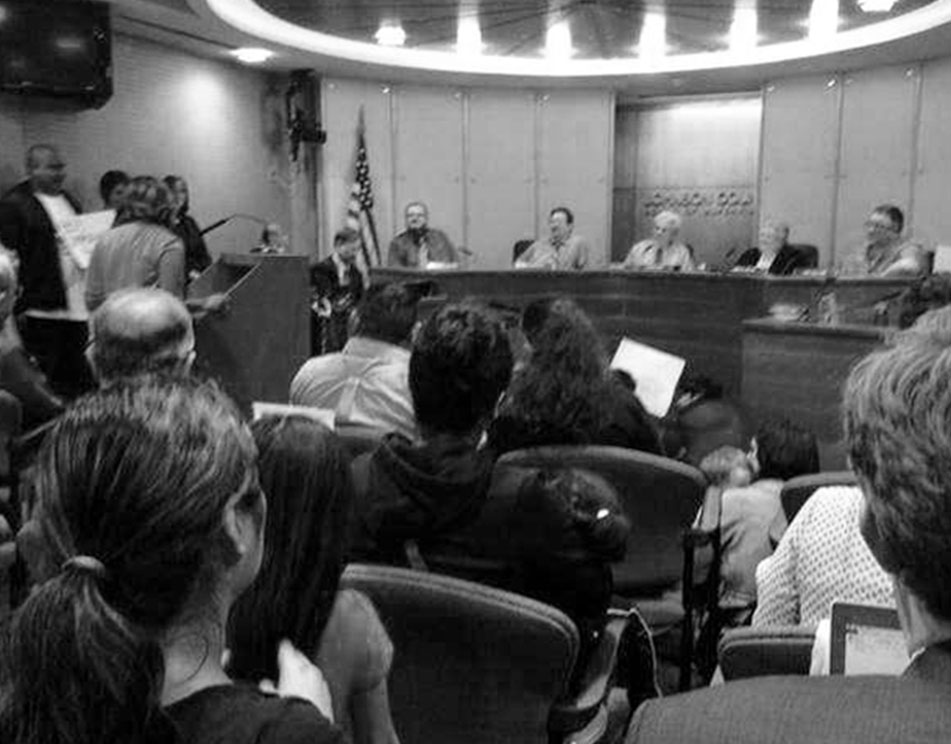
In the 1970s, UCS played a pivotal role in shaping Johnson County’s response to social issues. It launched drug abuse prevention programs, established alcohol and drug service planning councils, and laid the groundwork for the Drug and Alcoholism Council of Johnson County. UCS also helped create the Mid-America Council on Aging and advocated for a standalone Johnson County agency for older adults. Childcare and child abuse prevention efforts led to the publication of “Who’s Minding the Children” and the formation of Sunflower House, Kansas’ first child advocacy center. The organization adopted its current name, United Community Services of Johnson County, reflecting its evolving identity and growing role in planning and coordination.
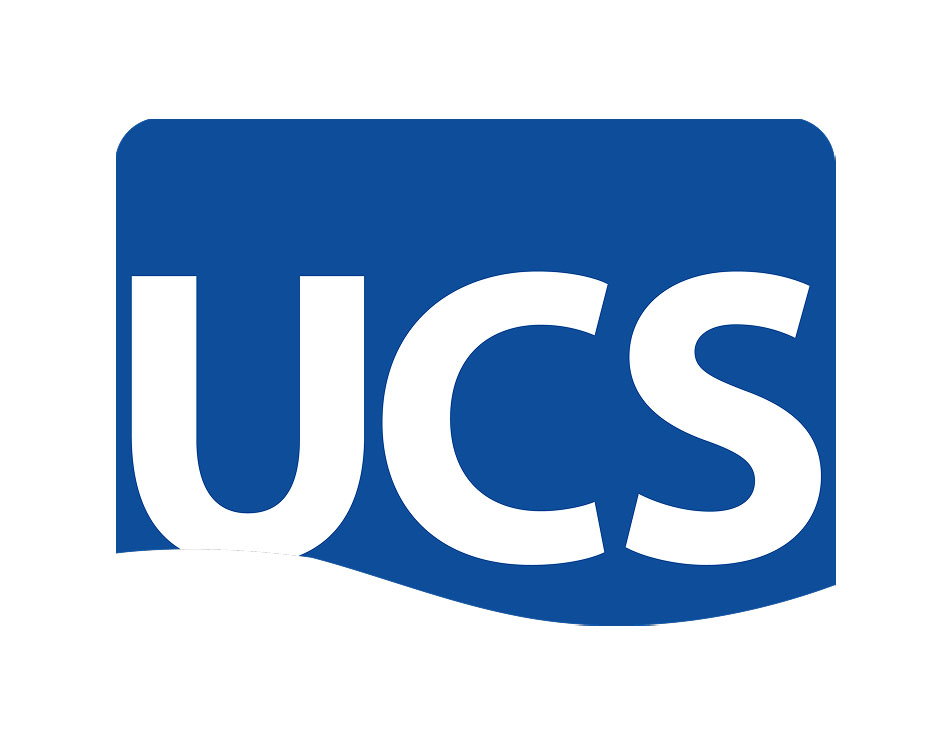
Identification of recreational needs and proposed actions led to the development of the Johnson County Parks and Recreation District. UCS was established as the Johnson County Health, Welfare and Recreation Council, an entity with a broad mission.
